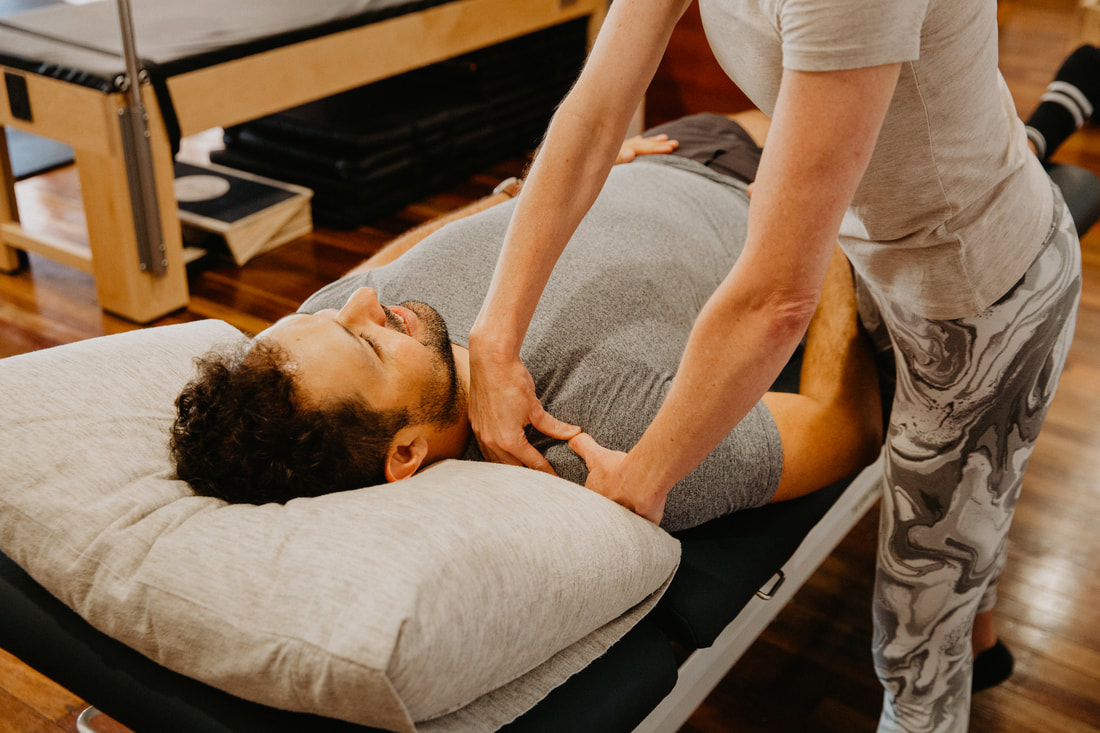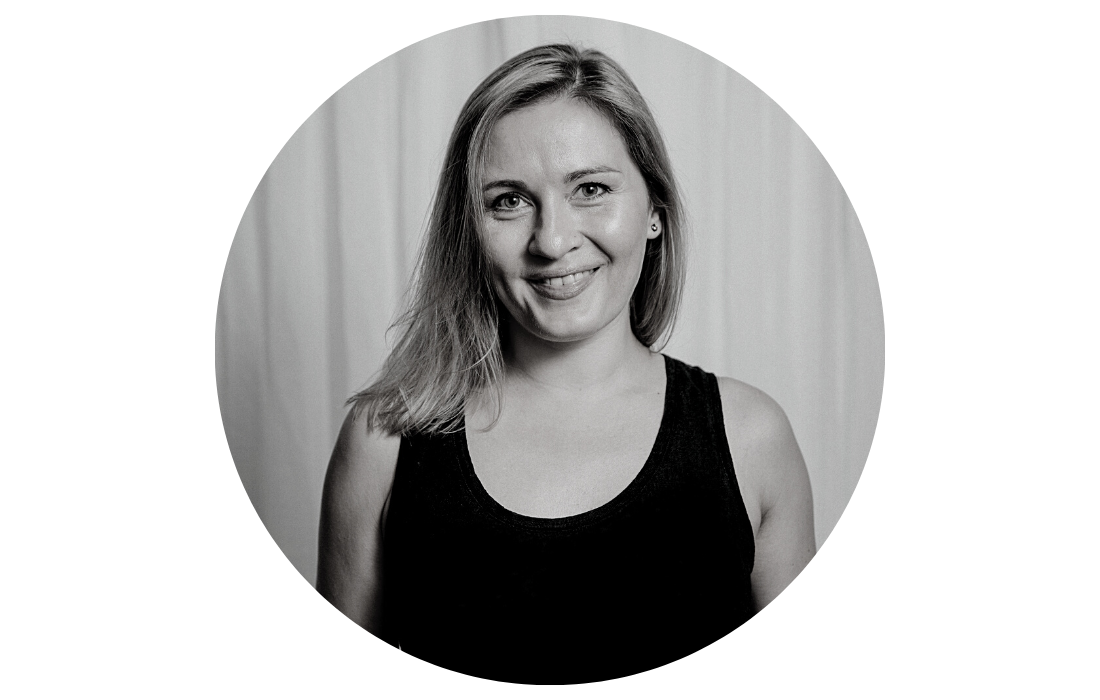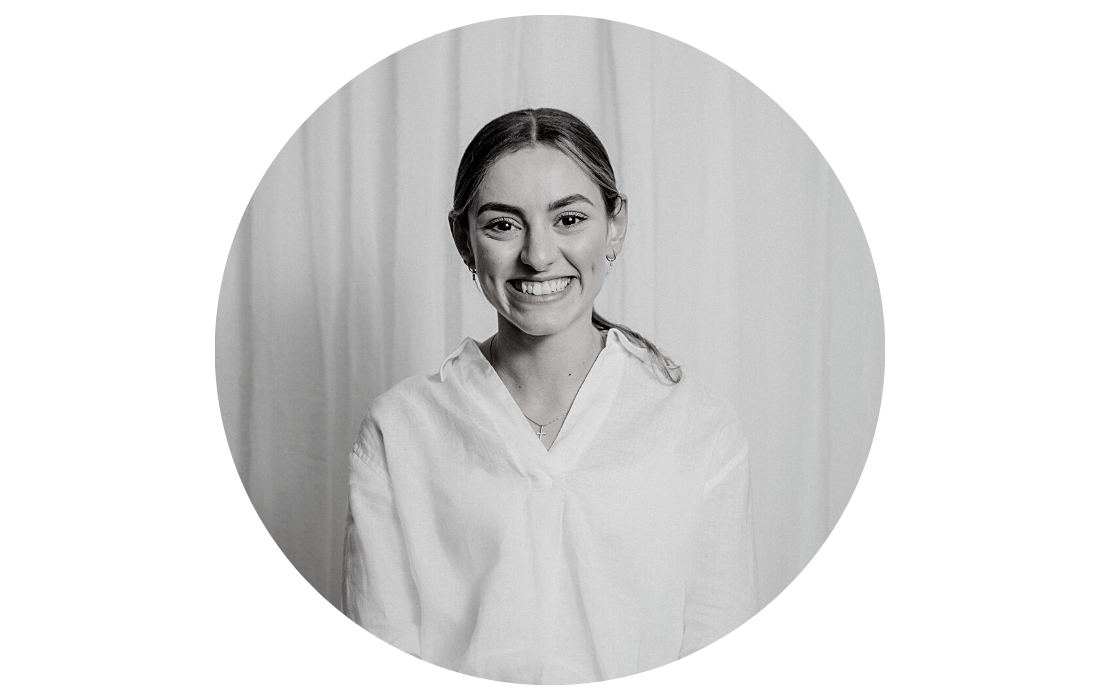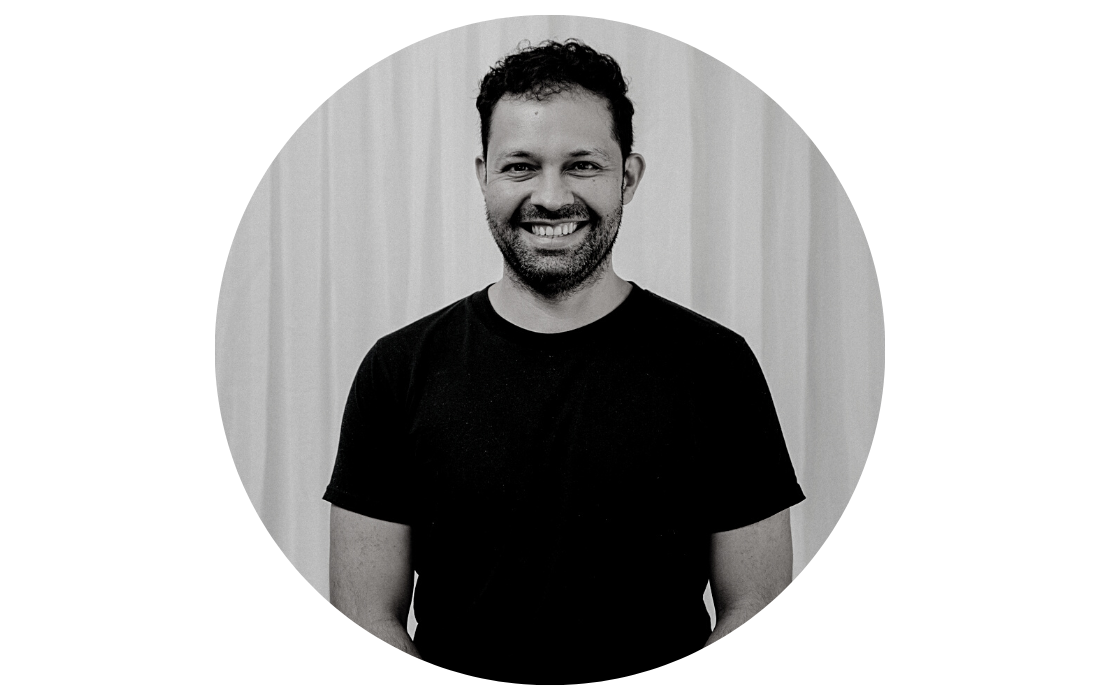Calcific Tendinitis Physiotherapy Brisbane southside.
What is Calcific Tendinitis?
Calcific tendinitis, also known as calcific tendonitis or calcific shoulder tendinopathy, is a medical condition that primarily affects the tendons in the shoulder. It is characterised by the formation of calcium deposits (calcifications) within the tendons, typically the rotator cuff tendons. These calcifications can cause pain and discomfort, limit the range of motion in the shoulder, and lead to inflammation.
What causes Calcific Tendinitis?
The exact cause of calcific tendinitis is not fully understood, but it is believed to result from a combination of factors, including repetitive microtrauma to the tendon, genetics, and metabolic factors. It is more common in individuals between the ages of 30 and 60.
What are the symptoms of Calcific Tendinitis?
The most common symptom of calcific tendinitis is shoulder pain, which may be mild to severe and can be aggravated by certain movements or activities. Pain is often worse at night. Limited range of motion in the affected shoulder is also a common symptom.
How is Calcific Tendinitis diagnosed?
A diagnosis of calcific tendinitis is typically made based on the patient's medical history, physical examination, and imaging studies such as X-rays or ultrasound. These tests can reveal the presence of calcium deposits in the affected tendons.
How can physiotherapy help with Calcific Tendinitis?
Physiotherapy, also known as physical therapy, can be an effective part of the treatment plan for individuals with calcific tendinitis. A physiotherapist can work with you to alleviate pain, improve shoulder function, and help prevent future episodes of calcific tendinitis. Here's how physiotherapy can help with calcific tendinitis:
How can Pilates help with Calcific Tendinitis?
Pilates can be a beneficial form of exercise for individuals with calcific tendinitis, particularly in the shoulder area. Pilates focuses on core strength, flexibility, and overall body awareness, and it can complement the treatment and rehabilitation of calcific tendinitis in several ways:
When incorporating Pilates into a rehabilitation program for calcific tendinitis, it's essential to work with a qualified Pilates instructor who is knowledgeable about the condition and can tailor exercises to your specific needs and limitations. Here are some tips for individuals with calcific tendinitis who want to try Pilates:
If you or a loved one has questions about Calcific Tendinitis and how our physiotherapists might be able to help please call us on 07 3706 3407 or email [email protected]. We would love to work with you!
Calcific tendinitis, also known as calcific tendonitis or calcific shoulder tendinopathy, is a medical condition that primarily affects the tendons in the shoulder. It is characterised by the formation of calcium deposits (calcifications) within the tendons, typically the rotator cuff tendons. These calcifications can cause pain and discomfort, limit the range of motion in the shoulder, and lead to inflammation.
What causes Calcific Tendinitis?
The exact cause of calcific tendinitis is not fully understood, but it is believed to result from a combination of factors, including repetitive microtrauma to the tendon, genetics, and metabolic factors. It is more common in individuals between the ages of 30 and 60.
What are the symptoms of Calcific Tendinitis?
The most common symptom of calcific tendinitis is shoulder pain, which may be mild to severe and can be aggravated by certain movements or activities. Pain is often worse at night. Limited range of motion in the affected shoulder is also a common symptom.
How is Calcific Tendinitis diagnosed?
A diagnosis of calcific tendinitis is typically made based on the patient's medical history, physical examination, and imaging studies such as X-rays or ultrasound. These tests can reveal the presence of calcium deposits in the affected tendons.
How can physiotherapy help with Calcific Tendinitis?
Physiotherapy, also known as physical therapy, can be an effective part of the treatment plan for individuals with calcific tendinitis. A physiotherapist can work with you to alleviate pain, improve shoulder function, and help prevent future episodes of calcific tendinitis. Here's how physiotherapy can help with calcific tendinitis:
- Pain Management: Physiotherapists can employ various techniques to help manage pain associated with calcific tendinitis. These may include manual therapy, such as soft tissue massage and joint mobilisation, as well as modalities like heat or cold therapy.
- Range of Motion Exercises: Calcific tendinitis can lead to stiffness and limited range of motion in the affected shoulder. Physiotherapists can design specific exercises and stretches to improve flexibility and increase the range of motion. These exercises can be tailored to your individual needs and progression.
- Strengthening Exercises: Strengthening the muscles around the shoulder joint is crucial for stability and to support the injured tendon. Physiotherapists can design a personalised exercise program to target specific muscle groups, particularly those of the rotator cuff and the shoulder girdle. Strengthening exercises are essential for the rehabilitation process and can help prevent future episodes.
- Postural Training: Poor posture can contribute to shoulder pain and dysfunction. A physiotherapist can assess your posture and provide guidance on maintaining proper shoulder alignment, which can reduce strain on the affected tendon.
- Education and Self-Management: Physiotherapists can educate you about your condition, including its causes and contributing factors. They can also teach you self-management techniques, such as ergonomic recommendations and strategies for minimising activities that exacerbate your symptoms.
- Modalities: In some cases, physiotherapists may use modalities like ultrasound or electrical stimulation to help reduce pain and inflammation in the affected area.
- Home Exercise Program: A key component of physiotherapy for calcific tendinitis is a home exercise program. Your physiotherapist will provide you with a set of exercises and stretches to perform regularly at home. Consistency in following these exercises is essential for the success of your rehabilitation.
- Functional Rehabilitation: Depending on your specific goals and needs, physiotherapy can also focus on functional rehabilitation. This involves simulating and practicing activities or movements that are relevant to your daily life or sports and gradually progressing as your condition improves.
- Prevention: Physiotherapists can provide guidance on lifestyle modifications and techniques to help prevent future episodes of calcific tendinitis, such as proper warm-up and cool-down exercises before physical activity.
How can Pilates help with Calcific Tendinitis?
Pilates can be a beneficial form of exercise for individuals with calcific tendinitis, particularly in the shoulder area. Pilates focuses on core strength, flexibility, and overall body awareness, and it can complement the treatment and rehabilitation of calcific tendinitis in several ways:
- Improved Core Strength: Pilates emphasises core muscle activation, which includes the muscles of the abdomen, lower back, and pelvis. A strong core can provide better stability and support to the shoulder, reducing the risk of compensatory movements that can exacerbate shoulder pain.
- Posture Enhancement: Pilates promotes awareness of body alignment and posture. Good posture is essential for reducing stress on the shoulder joint and tendons. Pilates exercises can help individuals develop and maintain proper posture, which can alleviate discomfort associated with calcific tendinitis.
- Shoulder Stabilisation: Pilates exercises can target the muscles around the shoulder girdle, including the rotator cuff muscles. Strengthening these muscles can enhance shoulder stability and help prevent future episodes of calcific tendinitis.
- Improved Range of Motion: Pilates incorporates stretching and mobility exercises that can help improve the range of motion in the shoulder joint. For individuals with calcific tendinitis, regaining and maintaining flexibility can be an important part of rehabilitation.
- Mind-Body Connection: Pilates emphasises mindfulness and body awareness, encouraging participants to focus on their movements and alignment. This can help individuals with calcific tendinitis avoid overexertion or improper movements that may worsen their condition.
- Low-Impact Exercise: Pilates is generally considered a low-impact exercise, which means it places less stress on the joints compared to high-impact activities. This can be especially beneficial for individuals with shoulder pain or limited mobility due to calcific tendinitis.
When incorporating Pilates into a rehabilitation program for calcific tendinitis, it's essential to work with a qualified Pilates instructor who is knowledgeable about the condition and can tailor exercises to your specific needs and limitations. Here are some tips for individuals with calcific tendinitis who want to try Pilates:
- Consult a Healthcare Professional: Before starting any new exercise program, including Pilates, it's important to consult with your healthcare provider or physical therapist to ensure that Pilates is appropriate for your condition and to get specific guidance.
- Choose the Right Class: Look for Pilates classes or instructors that offer modifications and adaptations for individuals with shoulder issues or calcific tendinitis. Inform the instructor about your condition so they can provide appropriate guidance.
- Start Slowly: Begin with gentle Pilates exercises and progress gradually. Avoid any movements or positions that cause pain or discomfort in your shoulder.
- Focus on Proper Form: Pay close attention to your form during Pilates exercises to avoid straining or overloading your shoulder joint.
- Listen to Your Body: If you experience increased pain or discomfort during or after a Pilates session, it's important to stop and consult your healthcare provider or physical therapist.
If you or a loved one has questions about Calcific Tendinitis and how our physiotherapists might be able to help please call us on 07 3706 3407 or email [email protected]. We would love to work with you!
Who to book in with:
Yulia Khasyanova
|
Monica Hanna
|
Mauricio Bara
|



